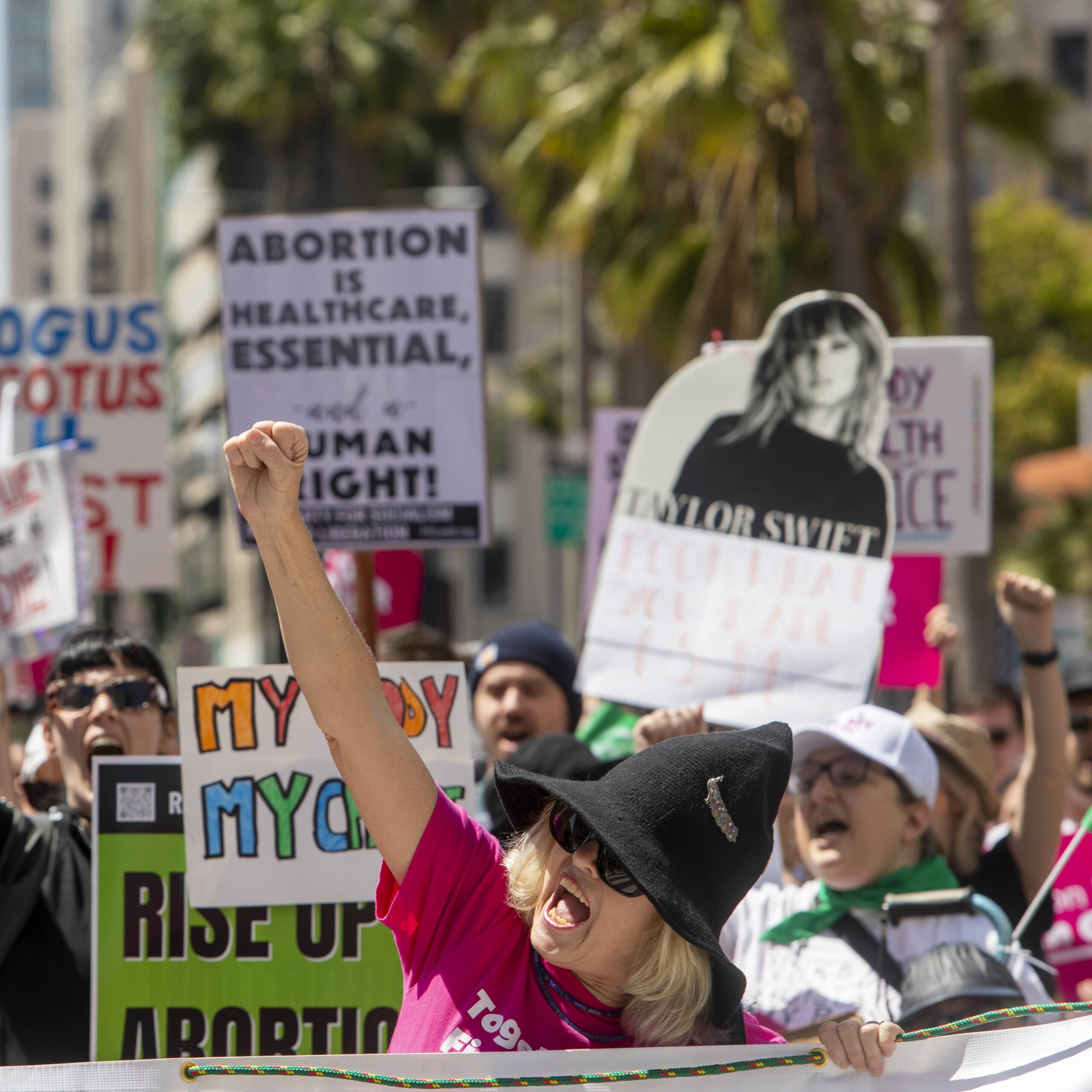
- POPSUGAR Australia
- Fitness
- A Woman Has Been Jailed After Taking Abortion Pills Past the Legal Limit in the UK
A Woman Has Been Jailed After Taking Abortion Pills Past the Legal Limit in the UK

A woman has been sentenced to 28 months in prison after admitting she induced an abortion at home after the legal time limit of 10 weeks. The 44-year-old – who has not been named – obtained the medication (mifepristone and misoprostol) under the legal “pills by post” scheme during the COVID-19 pandemic, when pregnant people were unable to attend in-person appointments at reproductive clinics.
According to the BBC, the woman, who is already a mother of three, one of whom has additional needs, took the tablets when the foetus was between 32 and 34 week’s gestation, inducing a termination. She reportedly told the British Pregnancy Advisory Service (BPAS) that she was below the 10-week cut-off date in order to obtain the medication, despite believing she was around 28 weeks pregnant. Due to lockdown restrictions, she was unsure of exactly how far along she was as she was unable to attend a scan.
The mum-of-three will now be serving half of her sentence in custody, with the remainder of her sentence under license (serving a prison sentence but you can live in the community), after pleading guilty in March under the Offences against the Person Act – a legislation which dates back to 1861. The case has brought with it a lot of emotive responses.
Firstly, let us break down the at-home abortion “pills by post” scheme. It was first introduced during the pandemic to allow pregnant people to receive the requisite pills, sent directly to a home address, following an assessment by two healthcare professionals. This is considered a medical abortion, and is only legal up to 10 weeks gestation, while a surgical abortion is legal up to 24 weeks in the UK. The scheme was largely hailed as a positive step for pregnant people to have autonomy over their bodies, at a time when vital healthcare was not readily accessible. Prior to this, pregnant people in need of a medical abortion were forced to take the second part of the course in a clinic, and meant women were often expelling their pregnancy and in pain whilst on their way home.
The law, under which the woman in question has been jailed, was introduced well before women even had the right to vote and is still in place in England and Wales (with an equivalent law still being in place in Scotland). It states that abortion is still technically a criminal offence, rather than a healthcare necessity between a person with a uterus and their doctor. Under the Act, anyone who obtains an abortion should face prosecution, with a maximum sentence of life imprisonment – which is the same as a sentence for murder, or other serious crimes like rape or armed robbery.
This law was amended via the Abortion Act in 1967, where women in England, Scotland, and Wales (the rules are different in Ireland and Northern Ireland) were given the legal right to terminate an unwanted or non-viable pregnancy up to 24 weeks (or later, if there are risks to the life of the foetus or mother, or developmental problems with the foetus). Two doctors acting “in good faith” must legally authorise the termination before it is able to take place, otherwise the abortion remains illegal.
Image Source: Getty Images
While reproductive rights in the US have been under threat since the overturning of Roe v. Wade last summer, with a number of states banning abortions altogether or lowering the legal time limits, it has come as a surprise to many that the UK legally sees abortion as a criminal offence.
As such, the court ruling has been the subject of controversy, with abortion care charities arguing that those in desperate need of an abortion should never be subjected to imprisonment. “We are shocked and appalled by the decision to sentence a mother-of-three to 28 months in prison for using abortion pills to end her own pregnancy,” Clare Murphy, the chief executive of BPAS, said in a statement. “Vulnerable women in the most incredibly difficult of circumstances deserve more from our legal system. In 2020, MPs in Westminster amended the law in Northern Ireland to remove the threat of criminal sanction for any woman who attempted to end their own pregnancy. MPs must extend the same protection so that no more women in these desperate circumstances in the UK are ever threatened with prison again.”
Meanwhile, pro-lifers, believe that the abortion provider should take responsibility for providing an abortion to a woman who was around 8 months pregnant. Right To Life UK said: “The abortion provider BPAS should never have sent abortion pills to this vulnerable woman when her baby was at 32 weeks gestation…” The same pro-lifers have, however, failed to recognise that her three children are now being denied care by their own mother for the 14 months that she will remain in prison.
“No woman can ever go through this again,” Murphy continued. “In their sentencing remarks, the judge made it that women will only be protected from prosecution if MPs bring forward legal change… Over the last three years, there has been an increase in the numbers of women and girls facing the trauma of lengthy police investigations and threatened with up to life imprisonment under our archaic abortion law.”
Whatever side of the debate you sit on, pregnant people in the UK are still struggling to access contraception due to NHS backlogs, supply issues, and the cost-of-living crisis, which means that the decriminalisation of abortion is needed now more than ever.

